Nutrition Tips for Good Oral Health
-
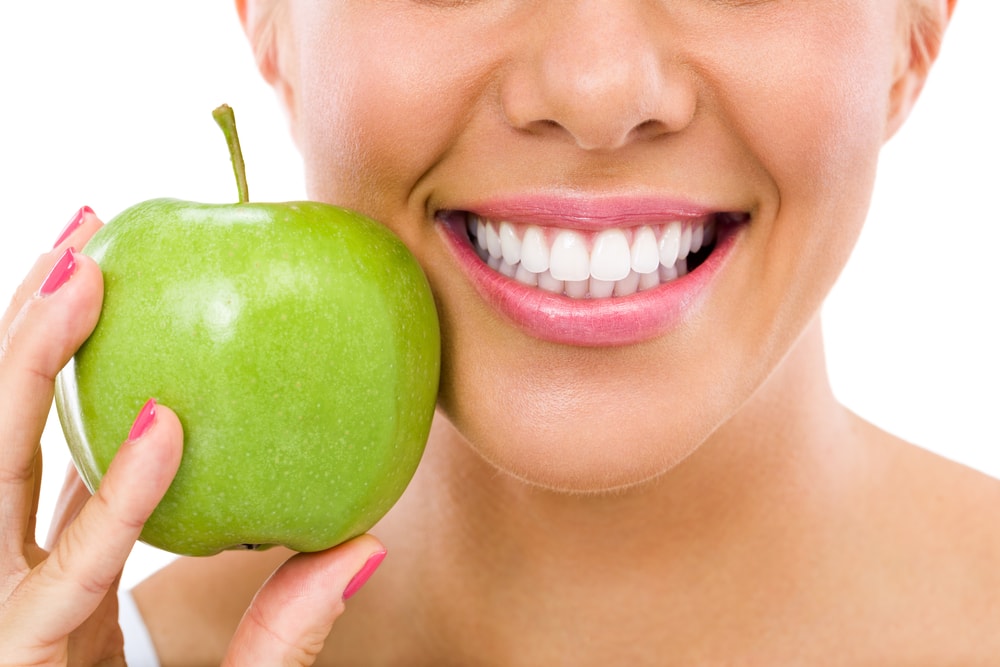
Good oral health begins with diet and nutrition. It is essential for oral health — not to mention general health — that you have a healthy and balanced diet. Oral health maintenance such as brushing and flossing goes hand in hand with diet and nutrition to promote good oral health. However, if you have a terrible diet full of sugary foods and diet and mineral deficiencies, no amount of oral health maintenance will be able to completely offset the detrimental effects.
Here are seven nutrition tips designed to help you on your way to that perfect oral health diet.
-
1. Maintain a Healthy & Balanced Diet
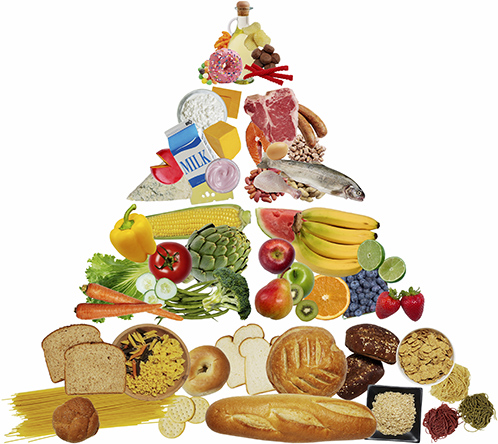
Perhaps the most obvious nutrition tip, it’s nonetheless the most important. A healthy, balanced diet centered on moderation and variety that includes foods from the five major food groups is the foundation of good oral health. Poor dietary habits can drastically alter the pH levels in the mouth. Saliva can become more acidic, potentially leading to decay, infection and tooth loss.
-
2. Drink Plenty of Water
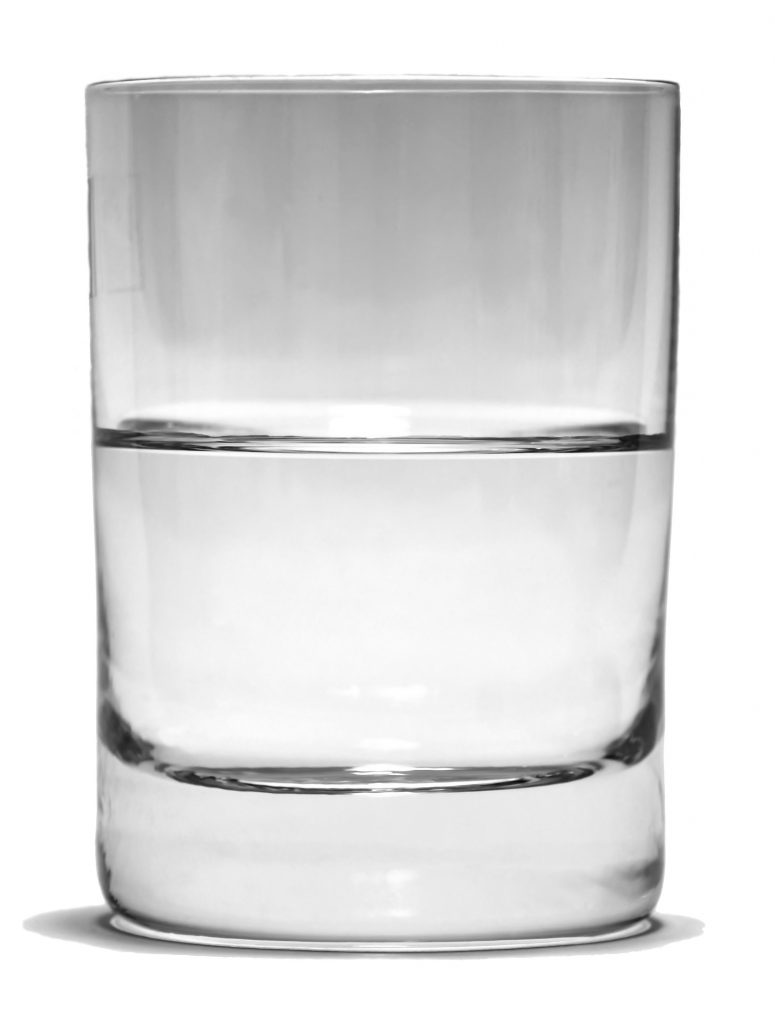
Drinking water helps to keep the mouth moist, in addition to washing away any loose food particles that could otherwise lodge in the teeth and cause oral health problems. Food particles that get trapped between teeth or the gum line can lead to a decay, infection and even gum recession.
-
3. Be Wary of "Fad" Diets
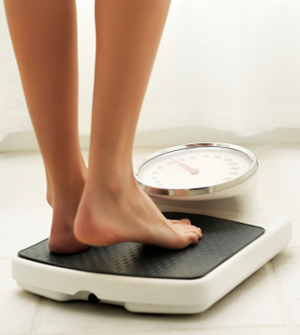
There are a number of popular diets like the Atkins diet that essentially require the elimination of entire food groups to help with weight loss. Although this can help trim your waistline, the associated vitamin and mineral deficiencies could also have a negative impact on your oral health. Discuss any dietary plans with your dentist.
-
4. Limit Snacking
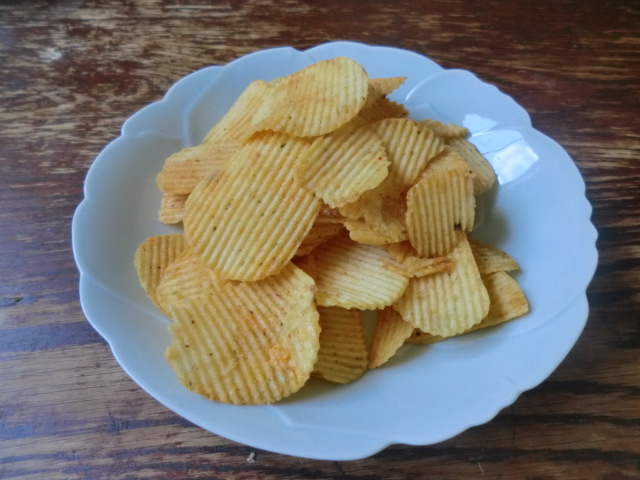
Whenever you eat foods containing sugar, acids are released that essentially attack your teeth for 20 or more minutes. If you snack several times a day, you could accelerate the wear and tear on your teeth significantly.
-
5. Only Drink Soda with Meals
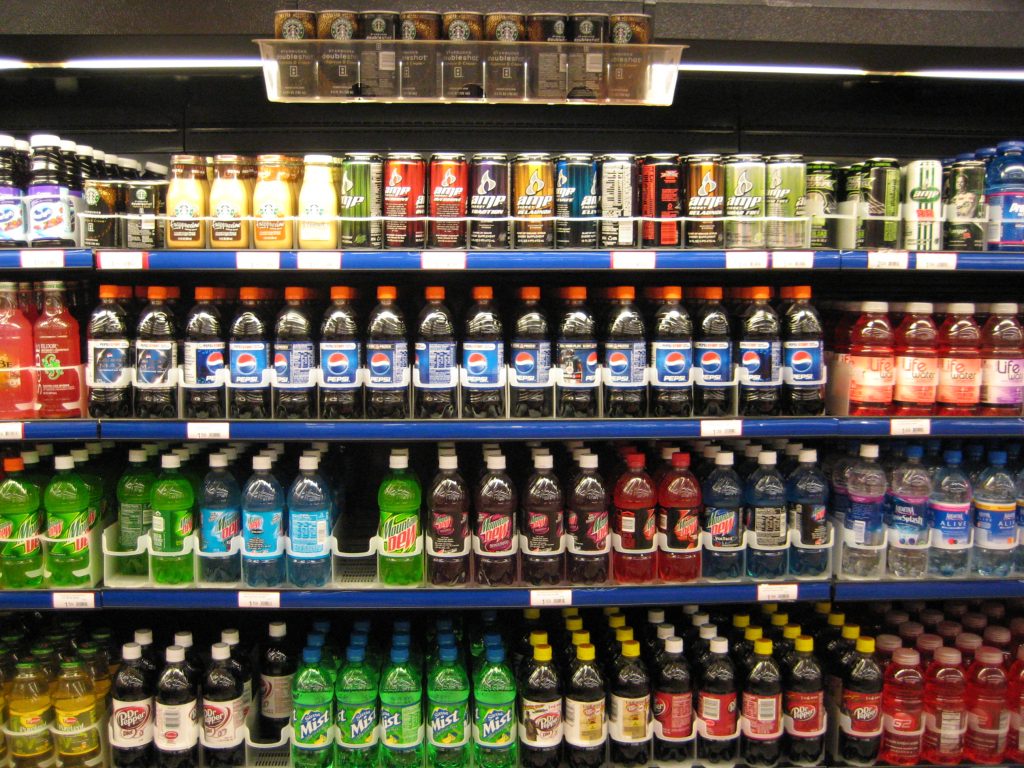
In general, soda is not recommended as part of a healthy diet. However, when you do drink soda, it’s better for your teeth if you drink it with meals versus drinking it alone. Drinking with a straw can also help limit the damage to your teeth.
-
6. Minimize Foods with Free Sugars
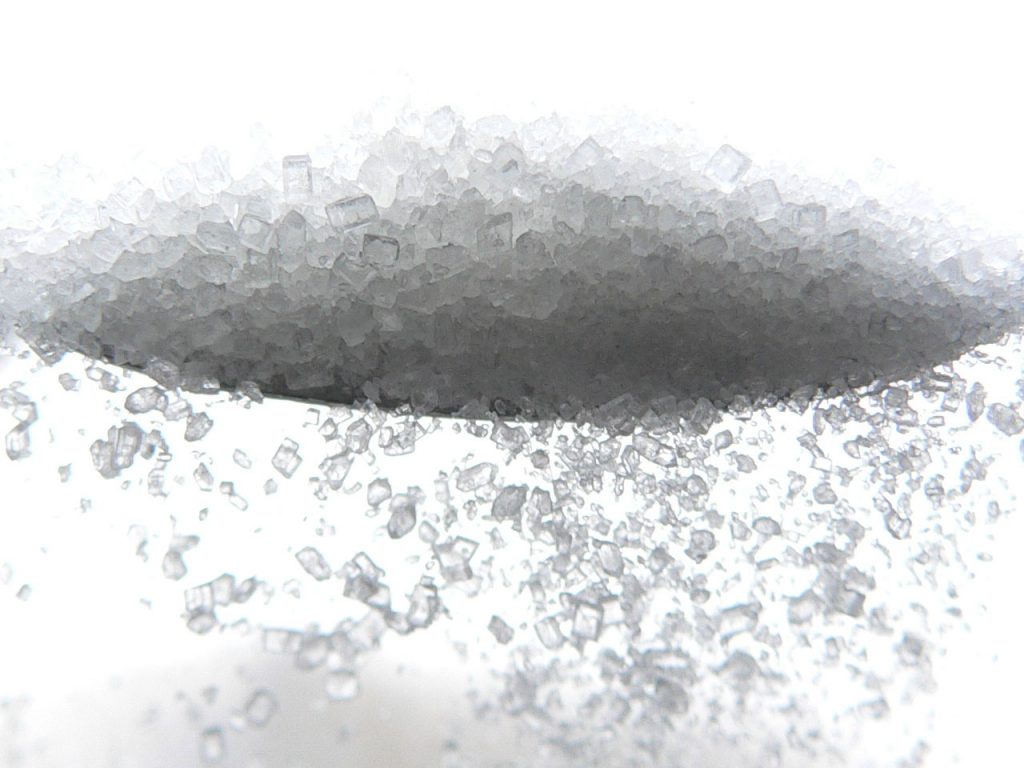
A diet heavy in sugary foods is bad for health in general, but particularly bad for the teeth and gums. As such, limit your consumption of foods that contain free sugars — unnatural sugars — to a maximum of four per day.
-
7. Keep a Food Diary

Many people are unaware of the full scale of what they eat and drink on a daily basis. By keeping track of your diet, you can evaluate it to determine areas that need improvement. This will help your oral and overall health.









